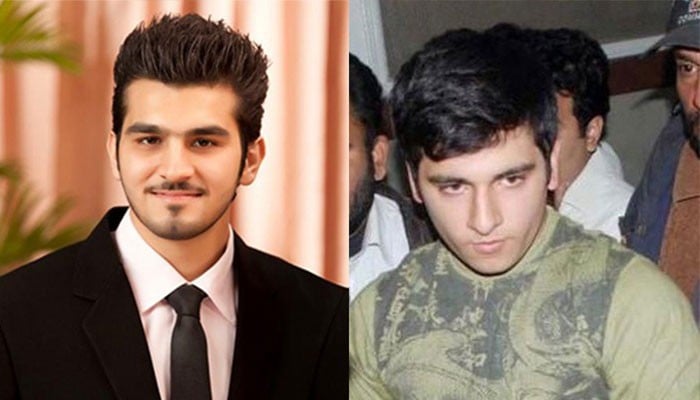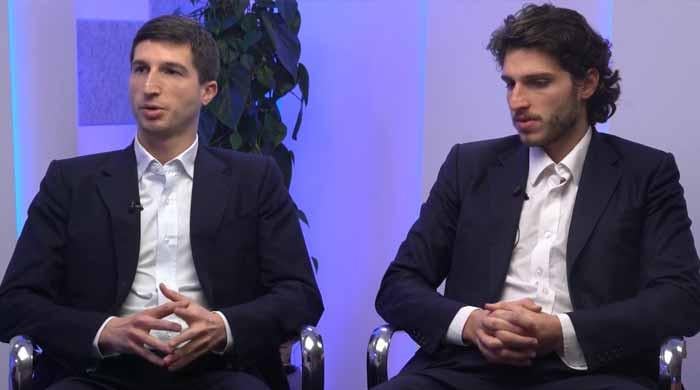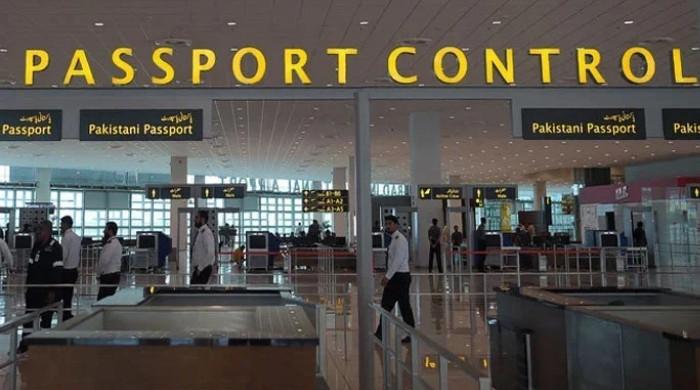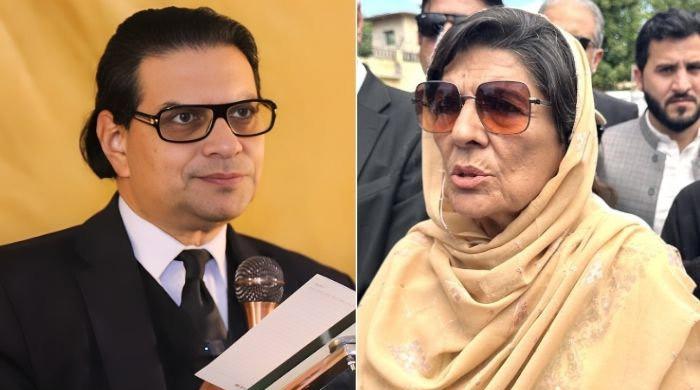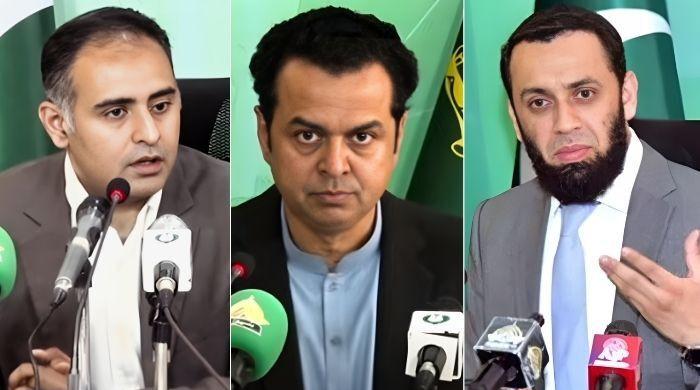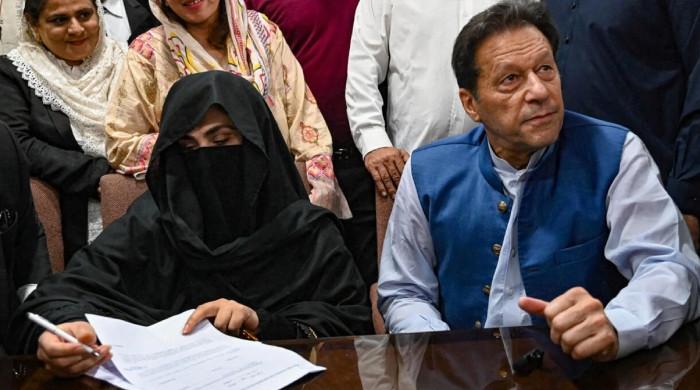Civil activists approach Supreme Court against SHC ruling in Shahzeb murder case
Activists have filed a petition in SC Karachi registry against SHC ruling which set aside death penalty for Shahrukh Jatoi and others convicted in Shahzeb Khan murder case
December 26, 2017
KARACHI: Civil society activists on Tuesday approached the Supreme Court against a Sindh High Court (SHC) ruling which set aside the death penalty for Shahrukh Jatoi and others convicted in the Shahzeb Khan murder case.
Ten civil society activists – including Muhammad Jibran Nasir, Jamshed Raza Mahmood, Afiya Shehrbano Zia, Naeem Sadiq, Nazim Fida Hussain Haji, Zulfiqar Shah, Aquila Ismail, Fahim Zaman Khan, and Naziha Syed Ali – have filed a criminal petition in the Supreme Court Karachi registry challenging the SHC’s November 28 ruling which stated that the murder case does not fall within the jurisdiction of the Anti-Terrorism Act, 1997.
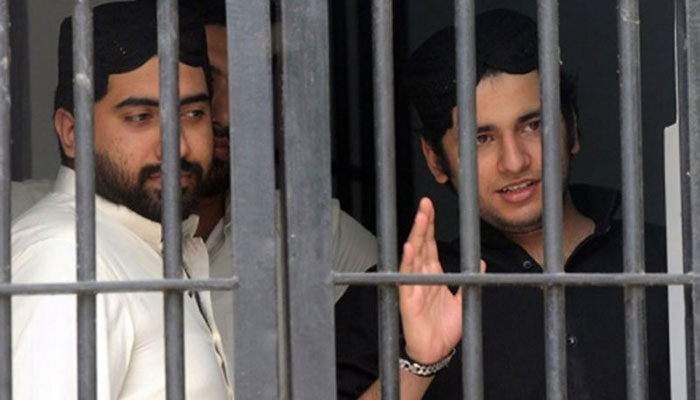
In their petition, the civil society members have stated that they have the legal standing to file the petition for leave to appeal as they are citizens of Karachi and reside in the same locality – Defence Housing Authority – where the murder took place.
They have stated in the petition that the incident was not just of an individual nature, but carried serious repercussions for the society at large.
The incident created fear and panic among residents of the area, which the members say they consider as enough grounds to file the case as a public interest appeal on behalf of the people of Karachi.
On December 23, Shahrukh Jatoi, the son of an influential feudal, and other defendants in the Shahzeb Khan murder case were released from custody on bail after Shahzeb’s father submitted an affidavit in support of the defendant's bail application.
Shahzeb Khan's father, Aurangzeb Khan, had earlier asked the sessions court to not only release the four men earlier convicted of his son's murder on bail, but also drop the case against them completely, arguing that his family had earlier pardoned his son's killers and asked that their decision be upheld.
Shahzeb Khan was gunned down by Shahrukh Jatoi in a posh locality of Karachi on December 25, 2012. An ATC in 2013 had awarded death sentences to Shahrukh Jatoi and Siraj Talpur for the murder of Shahzeb, while life sentences were awarded to Sajjad Ali Talpur and Ghulam Murtaza Lashari.
However, on November 28 this year the murder case took a dramatic turn when the SHC ordered a retrial, striking down the death penalty awarded to the convicts by the ATC.
In its order, the SHC stated that an act of revenge over personal enmity did not equate to an act of terrorism.
